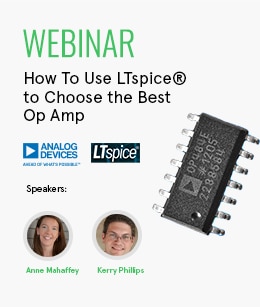Webinar Files: http://avnet.me/AS-Webinar-Docs
Azure Sphere Training Plan Blog: http://avnet.me/AS-Training-Plan
Brian’s BBQ Monitor Blog: http://avnet.me/AS-BBQ-Monitor
Accelerate your Azure Sphere Software Development
Develop custom Azure Sphere applications faster and get to market before the competition.
Microsoft has been working on an Azure Sphere development accelerator called DevX and a companion application code generator called GenX. This development system allows engineering teams to quickly build out High Level Azure Sphere applications using proven architectural patterns and standard interfaces. Once the application is generated, the developer only needs to fill out key areas with application code to meet the project’s requirements. The system implements interfaces to send telemetry data, manage device twins, direct methods and timers with handlers. Leveraging these systems will reduce the amount of code developers write and will improve readability and long-term application maintenance.
This three part webinar series will introduce students to this system and provide hands on labs and homework assignments to reinforce Azure Sphere application development fundamentals and Azure cloud concepts. By the end of the series students will develop their own custom Secure Azure Sphere application that interacts with the IoTCentral cloud solution.
Prerequisites:
- Azure Sphere Starter Kit
- Basic understanding of Azure Sphere Development
- Complete Labs 0 - 3 before the webinar
- Avnet Azure Sphere Training Documents
This workshop is free for everyone to attend! However, to follow along you will need the Azure Starter Kit:
Session 3:
This three part webinar series will introduce students to this system and provide hands on labs and homework assignments to reinforce Azure Sphere application development fundamentals and Azure cloud concepts. By the end of the series students will develop their own custom Secure Azure Sphere application that interacts with the IoTCentral cloud solution.
During this session you'll be working on:
·
- Introduction to Azure IoT Plug and Play
- Introduction to IoT Central application development
Webinar #3 Homework: Implement a custom Azure IoT Central application and document your Azure Sphere solution on Element14
Dates and Register for Free:
| Workshop: | Dates and Missions: |
|---|---|
|
Session 1 – Overview of the GenX and DevX Application Development Acceleration tools
What You'll Learn:
|
Thursday, 20th of January 2022
Lab 1:
|
|
Session 2 – Overview of the Avnet Azure Sphere Azure RTOS Examples
What You'll Learn:
|
Thursday, 3rd of February 2022
Lab 2:
|
|
Session 3 - Developing Custom IoTCentral applications in the cloud
What You'll Learn:
|
Thursday, 17th of February 2022
Lab 3:
|






